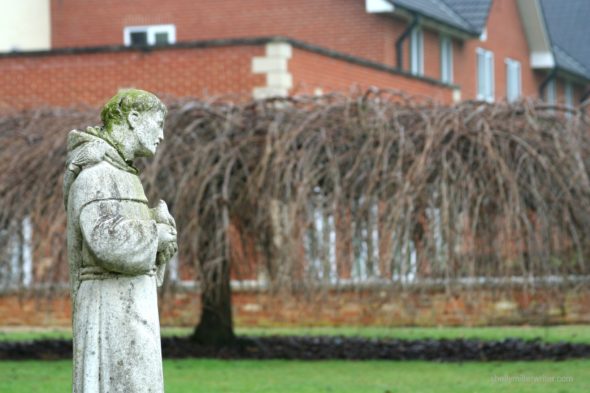
Originating from four continents, we gather in our London church kitchen at dusk on a regular Thursday. Four women hang heads over cutting boards while peeling potatoes, chopping garlic, cutting carrots and conversing about the cold. I push my pelvis into a metal island, grasp a paring knife and watch volunteers unfold tables into neat rows. Oranges are placed with precision next to cutlery in preparation for receiving homeless guests.
“Well, I can’t eat this meal,” I say without forethought when a bag of tomatoes appears as one of the ingredients to add to the giant metal pots simmering on the stove.
Suddenly, hands halt and conversation shifts in response to my outburst. Serving the homeless is suddenly about me. I want to eat my words but like tears forming from pungent onions, I can’t avoid natural outcomes. Questions ensue.
Coming Clean
While I’ve entered a new season of becoming a first-time author — navigating technical learning curves, stepping into the awkwardness of regularly speaking on platforms, and purchasing clothes based on how well the color shows up on television — I have also developed an acid intolerance. Not an intolerance for the acrid, but an allergy to acidic foods.
Imagine random tearful meltdowns in grocery stores and anxiety that accompanies meals every place except home. Try to explain acid intolerance to a waitress. Think salad dressing free, condiment free, free of tomatoes, limes, lemons, oranges, vinegar; free of milk because lactic acid.
Basically, I am now an expert label reader; an expert at bland, tasteless, and plain.
The ability to eat without fear, I have learned, is something I have taken for granted. And the discovery of an intolerance to acidic foods has created an ugly awareness of my intolerance toward uncertainty. I will never again roll my eyes over gluten free.
Beautiful Redemption
From the hospitality of friends while promoting Rhythms of Rest across five states in the US, and the generosity of those serving in our London church, I’ve been the recipient of extravagant love I did not expect or deserve.
Wealth isn’t defined by the tangible five senses but in the awakening of the unseen, intangible gift of love and belonging you can’t earn but only accept. It turns out I am rich.
Love looks like middle of the day grocery store runs by hosts for Ph water, soy milk, and copious amounts of kale. A Magic Bullet sent to your house in England by a friend in the US because she cares about your health. Belonging is a small pot of tomato-free curry simmering on the stove for one.
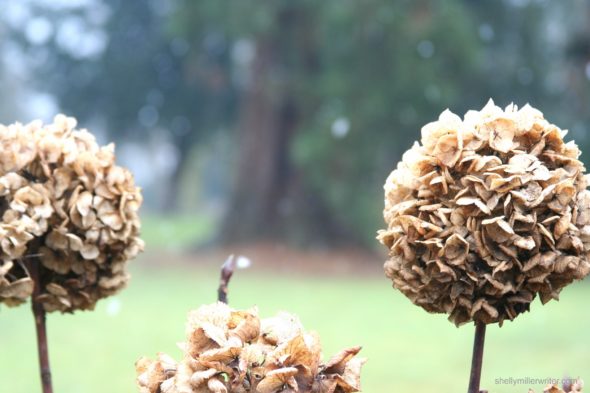
Jesus cares about the one who is burdened, the one who is broken, lost, and hurting in a crowded, busy world.
Your needs are never an imposition, never too much to ask, never overlooked by the One who was crucified in your place.
I am rich because God miraculously healed my body.
Intolerance is healed when we accept true love and belonging.
The Real Miracle
While entering a new season of life filled with interviews and invitations for influence, my mind, body, and soul have been remade in tandem. But I didn’t discover the miracle of it all until I rested.
Three weeks ago, I was bed-ridden with a fever and flu-ish symptoms after a night of excruciating pain from a sore tooth. I know this doesn’t sound miraculous but stay with me.
Wrestling with God in prayer, I listened to my body and trusted his presence in the pain. I awakened the following day feeling completely normal. My assumption that the anomaly was an odd, short-lived virus was dashed when my mother-in-law Geri revealed that she stood in for me during a time of healing prayer at a conference in Dallas.
“I am believing for God to completely heal all the things that are compromised in your body,” she wrote.
That changed everything.
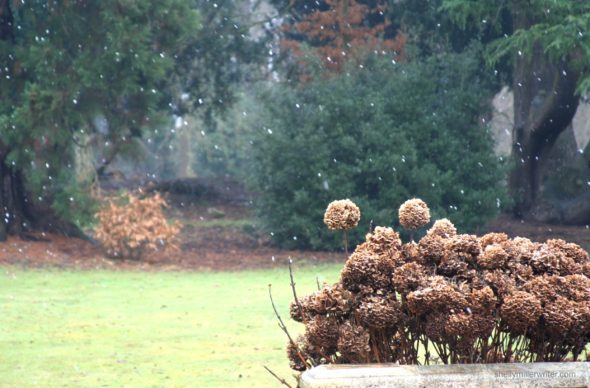
I began to pay attention to the signs of recovery and all I know is that I can eat Mexican food again without feeling like a truck hit me. I can walk for miles without aching.
Can I admit that I believe God heals but my reluctance to share this with you reveals I didn’t believe I was worthy. What if the symptoms return?
Why Sabbath for Lent
Next week, we enter the liturgical season of Lent rife with equal amounts of heaviness and hopefulness. Forty days of penitence and sacrifice for experiencing Christ’s sacrifice anew mind, soul, and body.
In the same way we sacrifice eating chocolate, a glass of wine, or shopping at Target during Lent, I’m challenging you to join me in sacrificing a day for rest. And I wrote an eBook as a companion for the journey!
A Sabbath Journey for Lent is a different pilgrimage than most. It is a once a week reflection that encourages the practice of resting a different part of your anatomy. With scripture verses, soul stirring questions, prompts for repentance and intimate prayers, my hope is that practicing new rhythms of rest over six weeks will result in transformation, of returning to your true self.
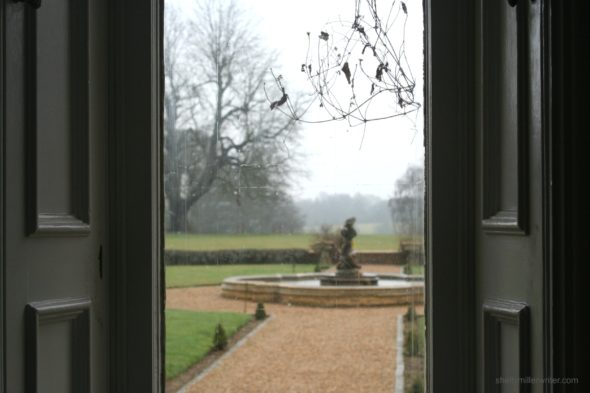
Maybe you’re like me, afraid of what might happen if you choose to sacrifice a whole day for rest. Perhaps you think you don’t deserve it; you fear you won’t meet your Sabbath expectations.
It’s time to come clean from all your excuses rooted in busyness and accept Sabbath as God’s loving gift, instead of time earned from productivity. When we are weary, lost and burdened Sabbath reminds us that we are rich in love and belonging.
How to Get the eBook
Subscribe to the blog here to receive a download of A Sabbath Journey for Lent. Current subscribers received a download with this post in their inbox.
Join me here throughout the season of Lent as I share my personal journey of resting different parts of my body and invite conversation in the comments. Follow me on Instagram and Facebook for mid-week discussions and live videos as we sojourn in Sabbath toward Easter. And subscribe to the Sabbath Society community for weekly encouragement delivered to your inbox on Friday.
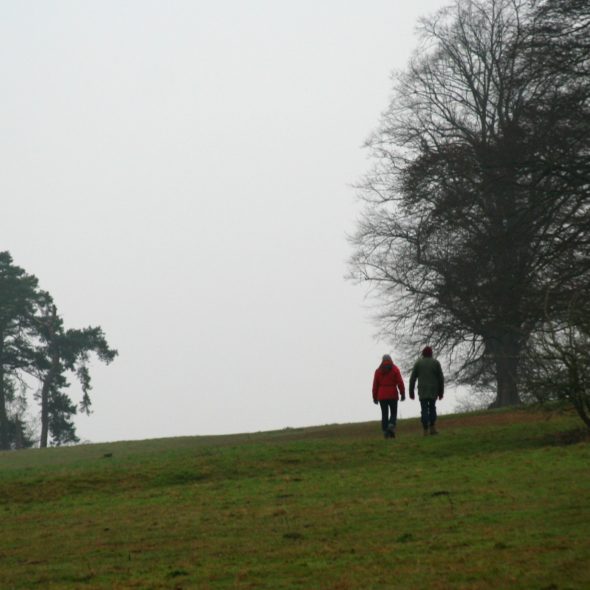
If you are planning to join me for A Sabbath Journey for Lent, introduce yourself in the comments. Tell us where you live and what you want Jesus to do for you during Lent.
